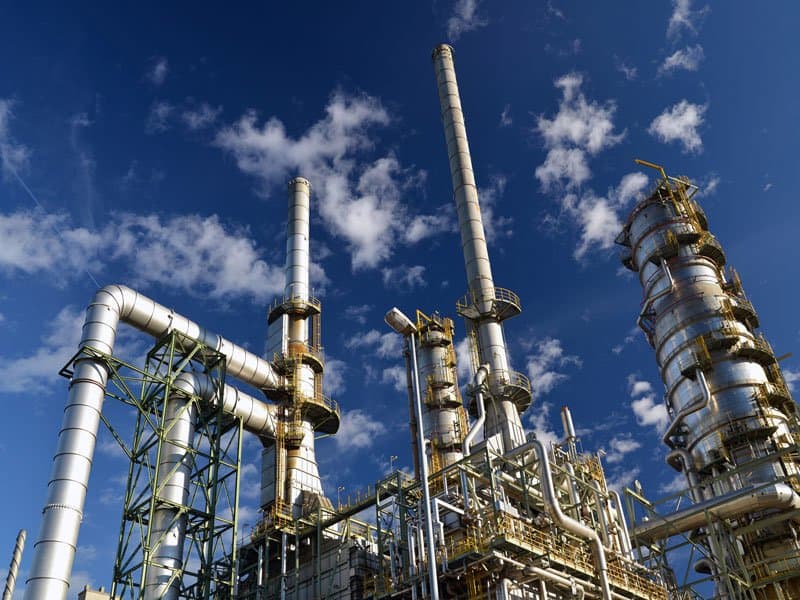Industrial chemicals play a crucial role in various sectors, from manufacturing and agriculture to pharmaceuticals and technology. Have you ever wondered how these essential chemicals are made? In this blog post, we will delve into the intricate process of manufacturing industrial chemicals, exploring the key steps involved and shedding light on the fascinating world behind their production.
- Research and Development:
The journey of creating industrial chemicals begins with extensive research and development. Scientists and chemists work tirelessly to identify and understand the properties and potential applications of various chemical compounds. This stage involves conducting experiments, analyzing data, and exploring different synthesis methods. - Raw Material Selection:
Once the desired chemical compound is identified, the next step is selecting the appropriate raw materials. These materials serve as the building blocks for the chemical synthesis process. Factors such as purity, availability, cost, and environmental impact are carefully considered during this stage. - Chemical Synthesis:
Chemical synthesis is the heart of industrial chemical manufacturing. There are several methods employed, including batch processes, continuous processes, and hybrid processes. Each method has its advantages and is chosen based on factors such as the desired quantity, quality, and efficiency of production. - Process Optimization:
Optimizing the chemical synthesis process is crucial to ensure high-quality and cost-effective production. This involves fine-tuning reaction conditions, catalyst selection, temperature control, and reaction time. Process optimization aims to maximize yield, minimize waste, and enhance overall efficiency. - Quality Control:
Maintaining strict quality control measures is paramount in the production of industrial chemicals. Analytical techniques such as spectroscopy, chromatography, and mass spectrometry are employed to verify the purity, composition, and quality of the synthesized chemicals. Any impurities or deviations from the desired specifications are identified and rectified. - Packaging and Distribution:
Once the industrial chemicals are synthesized and quality-checked, they are packaged and prepared for distribution. Proper packaging ensures the safe transportation and storage of the chemicals, preventing any potential hazards. Compliance with regulatory standards and labeling requirements is essential at this stage. - Environmental Considerations:
The manufacturing of industrial chemicals also involves addressing environmental concerns. Efforts are made to minimize waste generation, reduce energy consumption, and implement sustainable practices. Recycling, waste treatment, and emission control technologies are employed to mitigate the environmental impact of chemical production.
Conclusion:
The process of manufacturing industrial chemicals is a complex and intricate one, involving extensive research, precise synthesis methods, and stringent quality control measures. From the initial stages of research and development to the final steps of packaging and distribution, every aspect is carefully orchestrated to ensure the production of high-quality chemicals. By understanding the intricacies behind the scenes, we gain a deeper appreciation for the essential role industrial chemicals play in our daily lives.



More Stories
Advantages of NMC Cylindrical Cells: High Performance and Reliability for Modern Applications
Innovative Strip PV Module Launched: Haoxiang Solar's 130W White Glass Panel Opens New Era for Building-Integrated Photovoltaics
Navigating Trends, Forging the Future: Haoxiang Solar's Insight into 2025 PV Industry Dynamics and Export Opportunities